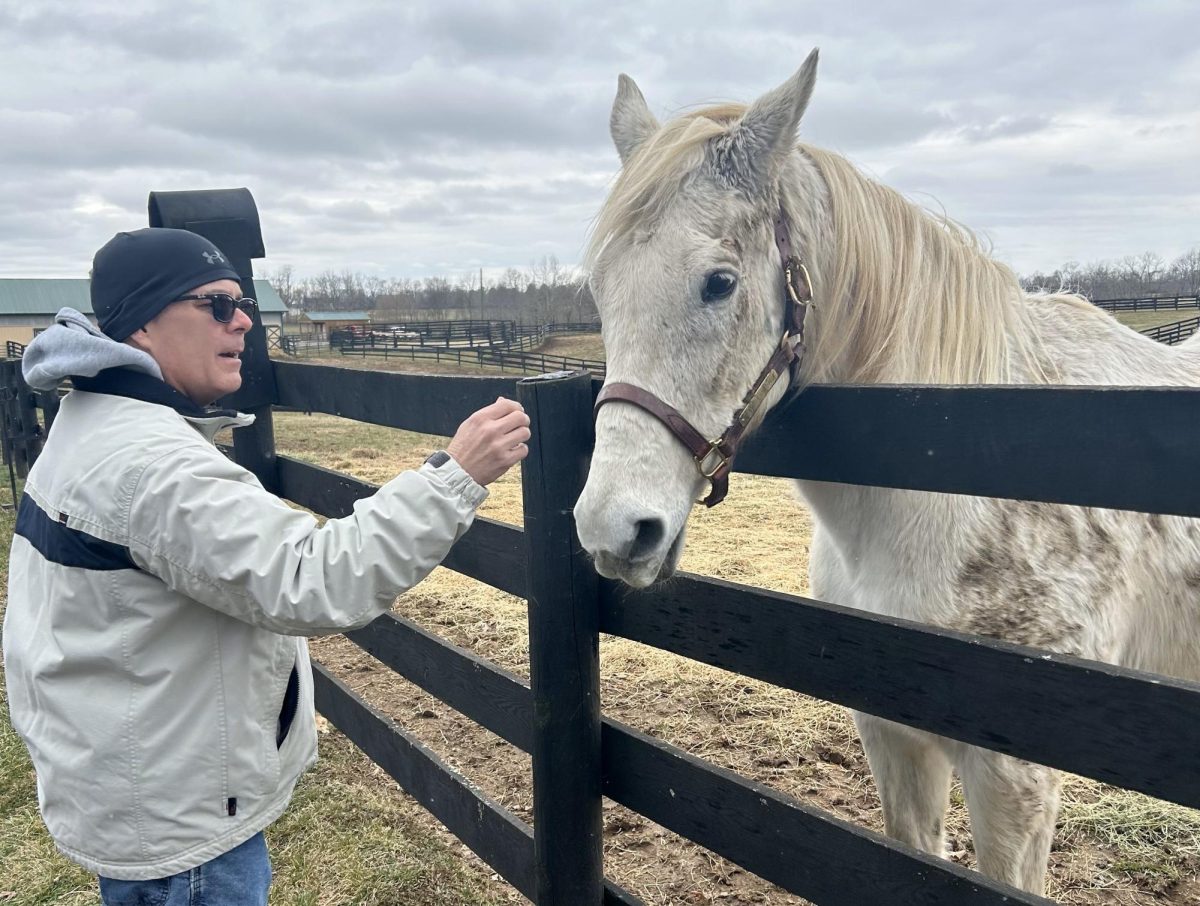Teaching civics leads to activism
September 17, 2008
Column by Trey Grayson
When our founding fathers emerged from the Constitutional Convention in 1789, they gave America the principles that continue to guide us to the present. Not only does the Constitution guide American democracy, but it is the longest lasting constitution in human history and has served as an inspiration for democratic constitutions around the world.
As Benjamin Franklin left Independence Hall at the conclusion of the Convention, one passerby asked whether the framers had created a monarchy or a republic. Franklin’s reply captures the essence of our role as citizens: “a republic, if you can keep it.â€
Franklin and the framers understood that the Constitution alone did not guarantee the “more perfect union†which citizens sought. It instead provides a structure for self-government, a roadmap through which every citizen can have a voice in the future path of his or her communities and nation.
The success of this conception of government requires continuous civic engagement by every citizen. Citizens can only shape their own futures if they understand the issues at stake in the electoral and legislative process, and use their voice to influence those processes. Yet, in the last 40 years, there has been a steady decline in the level of civic engagement.
On the 2006 National Assessment of Educational Progress, three-quarters of students scored at or below proficient on the civics assessment, and only one in five high school seniors understood how citizen participation benefits democracy.
If we hope to maintain Franklin’s vision of a renewed democracy in each generation, these statistics must reverse. The first step toward an engaged citizenry is ensuring that every person has the knowledge necessary for participation. Citizens are not born ready to participate in a democracy — the skills of active citizenship must be taught to each generation.
Kentucky’s schools enroll three-quarters of a million students, and schools nationwide directly affect more Americans than any other single institution. We should use our schools as laboratories of democracy, instilling every young person with the skills necessary for active citizenship.
In 2004 and 2005, my office held Civics Summits throughout Kentucky to craft a statewide strategy for improving civic participation through civic learning. We joined with a bipartisan group of members in the Senate and House, the Administrative Office of the Courts and the Scripps Howard Center for Civic Engagement to host nearly 200 Kentuckians. Our goal was ambitious but simple: to make Kentucky a national leader in civic education, literacy and engagement.
Our work includes a wide range of stakeholders, because safeguarding our democracy is in the interest of every citizen. No single official or entity alone can ensure the civic participation of future generations; students, teachers, administrators, elected officials and non-profit organizations all joined together to discuss strategies for improved civic learning.
Since the Summits, we have released “Rediscovering Democracy: An Agenda for Action,†which calls upon Kentucky leaders to take four principle steps and 60 additional recommendations to increase the civic literacy and engagement of the Commonwealth’s citizens. These recommendations provide the blueprint for such a result.
The report calls for:
1). The establishment of the Kentucky Center for Civic Excellence
2). The implementation of a pilot study of a high school government and civics course
3). The creation of an annual teacher academy in the area of government and civics.
4). The strengthening of the degree to which government and civics is assessed in Kentucky.
In these efforts, we partner with the Campaign for the Civic Mission of Schools (www.civicmissionofschools.org), which promotes the role that state and federal policymakers play in preparing the next generation of informed and active citizens. While the work of educating students for democracy takes place in schools and school districts, government at every level has a role in ensuring that schools have the funding, flexibility and institutional support necessary to pursue their civic missions.
As we commemorate Constitution Day, Franklin’s challenge that democracy is only ours “if we can keep it†remains true. Only if we keep the promise of teaching civics to every student will we have the activist citizens that will sustain our democracy for generations to come.























































































































































